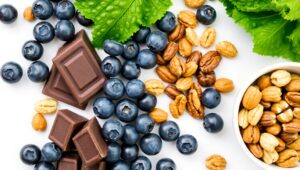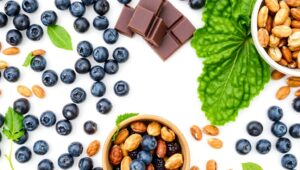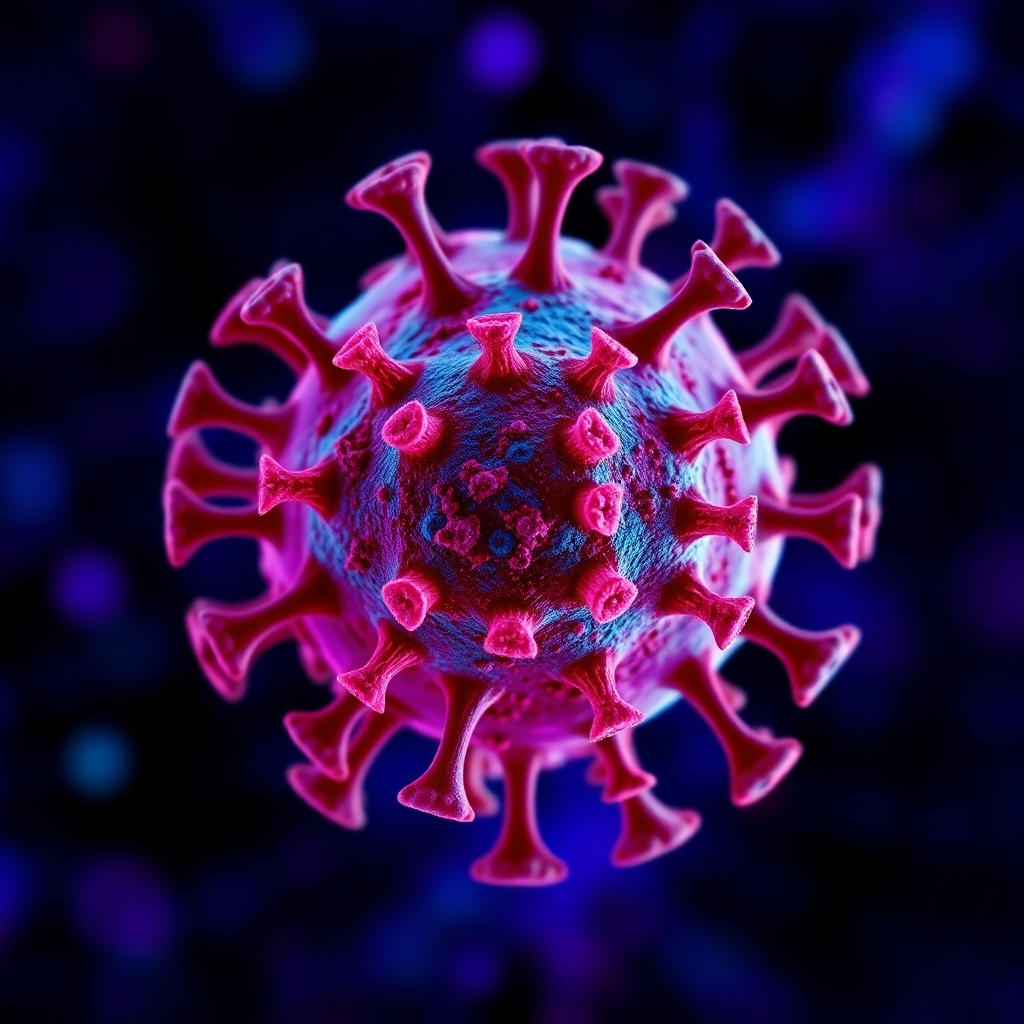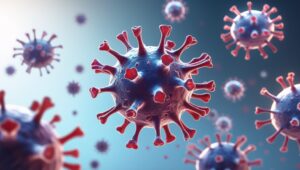2025’s best diet wins gold for wellness and disease prevention
2025’s Gold Standard Diet: Winning Wellness & Preventing Disease
2025’s best diet wins gold for wellness and disease prevention

The world of nutrition is constantly changing. With new research, the way we think about food shifts. As we enter 2025, it’s clear we need a fresh approach to our diets. A “Gold Standard” diet emerges, focusing on holistic wellness and disease prevention.
The Shifting Sands of Dietary Advice
Over the years, dietary guidance has varied widely. From low-carb trends to high-protein fads, each year brings new voices to the conversation. For 2025, it’s time to step back and consider the bigger picture. The focus is now on sustainable habits that prioritize long-term health.
Why 2025 Demands a New Approach to Eating

Recent studies highlight rising rates of chronic diseases, which urge a rethinking of our eating habits. People now seek recipes and diets that not only support weight management but also boost immunity and enhance quality of life.
Setting the Stage: Defining “Gold Standard” Diet
The Gold Standard Diet emphasizes:
- Whole, unprocessed foods
- A diverse range of nutrients
- Individual needs for optimal health
The Pillars of the 2025 Gold Standard Diet: Prioritizing Whole Foods
Focusing on Nutrient Density: Maximize Your Micronutrient Intake
Selecting foods that are high in nutrients but low in calories is vital. Consider these options:
- Leafy greens like spinach and kale
- Colorful vegetables such as bell peppers and carrots
- Whole grains like quinoa and brown rice
These foods provide essential vitamins and minerals while keeping calorie counts in check.
The Power of Plant-Based Proteins: Legumes, Nuts, and Seeds

Plant-based proteins are star players in this diet. Foods such as:
- Lentils
- Chickpeas
- Almonds
These provide protein without the downsides of animal fats. They’re also rich in fiber, which keeps you feeling full and supports digestion.
Minimizing Processed Foods: The Impact of Ultra-Processed Diets on Health
Processed foods can be harmful. Research shows they often contain high amounts of sugar, sodium, and unhealthy fats. Staying away from these can lead to:
- Lower risk of heart disease
- Improved gut health
- Better weight management
Harnessing the Power of Antioxidants for Disease Prevention

Berries, Leafy Greens, and Beyond: Nature’s Disease Fighters
Antioxidants help fight inflammation and lower disease risk. Include more:
- Blueberries
- Dark chocolate
- Kale
These foods combat oxidative stress in the body.
Antioxidant Synergy: Combining Foods for Enhanced Effects
Pairing foods can boost their benefits. For example:
- Eating nuts with berries enhances antioxidant absorption.
- Combining tomatoes with olive oil increases lycopene, which is great for heart health.
Antioxidant Intake & Chronic Disease Risk Reduction: Data Review
Studies indicate that a diet rich in antioxidants can significantly lower the risk of diseases such as:
- Type 2 diabetes
- Heart disease
- Some cancers
Gut Health: The Unsung Hero of Optimal Wellness

The Microbiome’s Role in Immunity and Digestion
A healthy gut is crucial for overall well-being. It affects both immunity and digestion. Maintaining a diverse gut microbiome leads to a stronger immune system.
Prebiotic and Probiotic Powerhouses: Feeding Your Friendly Bacteria
Incorporate:
- Yogurt and kefir for probiotics
- Onions and bananas for prebiotics
These support beneficial bacteria in the gut.
Cultivating a Thriving Gut Microbiome: Practical Strategies
Simple habits can improve gut health:
- Eat a variety of foods daily
- Stay hydrated
- Limit added sugars and unhealthy fats
Hydration: The Often-Overlooked Essential Nutrient

The Importance of Adequate Water Intake for Overall Health
Staying hydrated is key to wellness. Water influences:
- Energy levels
- Brain function
- Digestion
Water’s Role in Nutrient Absorption and Waste Removal
Water assists in transporting nutrients throughout the body, aiding in digestion while flushing out toxins.
Optimizing Hydration: Beyond the Eight Glasses
Individual hydration needs vary. Factors include:
- Level of physical activity
- Climate
- Personal health
Listen to your body; drink when thirsty.
Personalized Nutrition: Tailoring Your Approach for Optimal Results
Genetic Predispositions and Dietary Choices
Genetics can influence how our bodies respond to different foods. Knowing your family history can be a game changer for dietary choices.
Individual Needs and Dietary Adjustments
Everyone’s dietary requirements differ. Age, activity level, and health status all play a role. Experimenting with food can help find what works best for you.
Seeking Professional Guidance: Registered Dietitians and Nutritionists
Consulting with registered dietitians offers personalized advice to help tailor your dietary approach for optimal results.
Conclusion: Embracing the Gold Standard for a Healthier Future
The Gold Standard Diet offers significant benefits.
Key Takeaways: Actionable Steps for Dietary Transformation
- Prioritize whole foods.
- Enjoy a variety of colorful vegetables and fruits.
- Stay hydrated and listen to your body.
The Long-Term Benefits of a Gold Standard Diet
Choosing this path enhances health and prevents disease. With consistent effort, it promotes a happier, healthier life.
Looking Ahead: Future Trends in Nutritional Science
As science continues to evolve, so will our understanding of nutrition. Stay informed and adapt to emerging trends to support well-being.
By embracing the Gold Standard Diet in 2025, you can make lasting changes that influence your health and wellness for years to come.


















1 comment